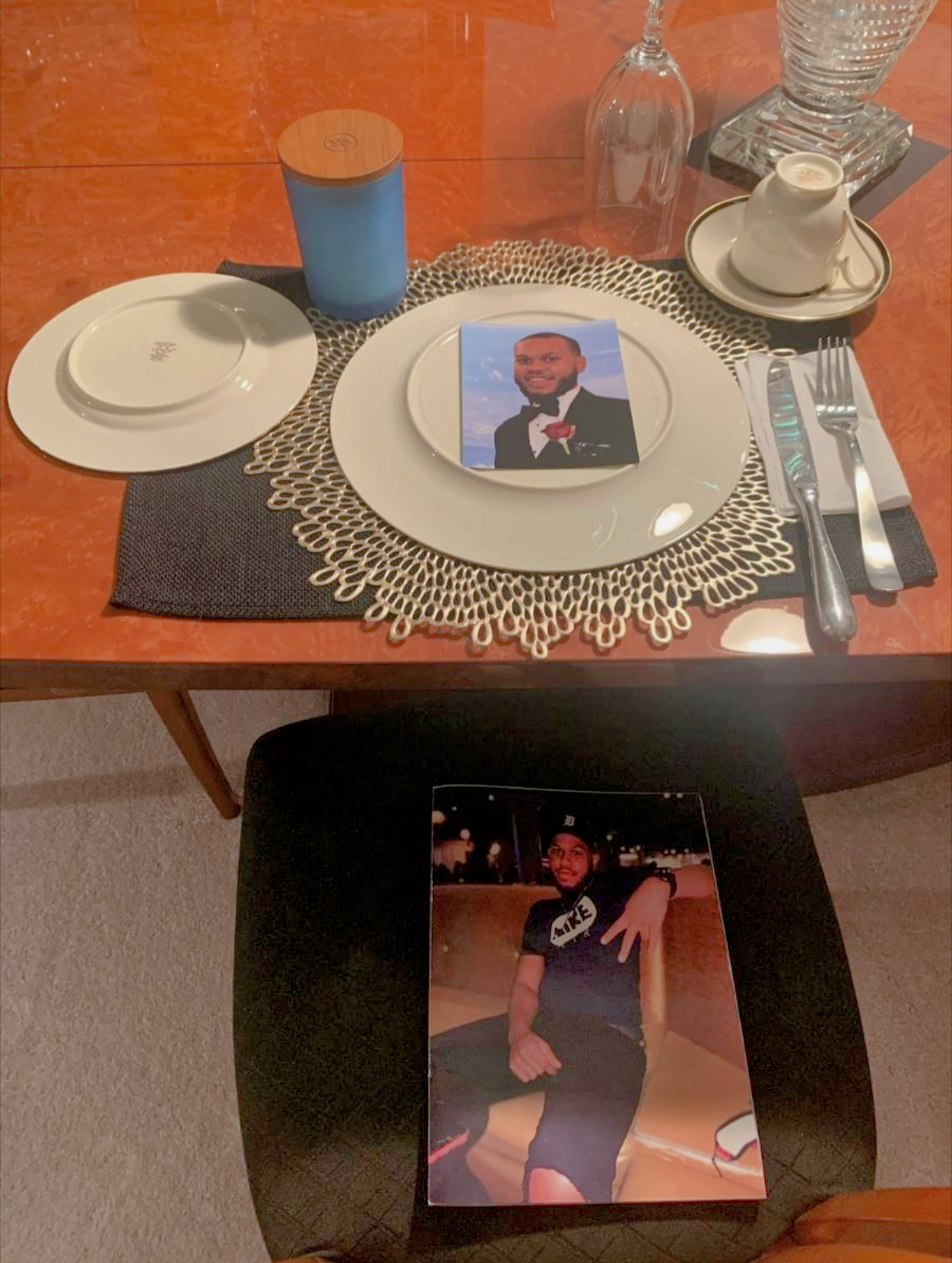This year, I attended funerals for the children of two friends. Each family lost a son in his twenties. They have been overwhelmed by grief, living a parent’s worst nightmare — burying their own child.
At Thanksgiving, one family insisted on hosting a small family gathering. It was their attempt at restoring some normalcy to their world, which tragedy had turned upside down. At the dinner table, they set a full table setting for their beloved son, along with a candle and a photo of him on the plate. The picture her husband shared hit me like a punch in the gut. I was having a festive Thanksgiving day filled with family, football and calories; the photo was a heartbreaking reminder that my buddy’s world had fallen apart.
This month, with Christmas fast approaching, one of the mom’s is a mess. One day she wants a Christmas tree. The next day she doesn’t. One day she wants to celebrate the holiday, and the next she just wants to hide in her room. She cannot bring herself to seek counseling. Each day she’s consumed with tears and uncertainty about what to do with the rest of her life. Facing this December, the first year without her son, is unbearable for her.
Each year, we hear of people having emotional difficulties during the holidays. It can be a dreaded time of deep depression, loneliness and anxiety. Perhaps it’s the first time a loved one is gone, or a reminder of a past sadness, or just a tough patch in life — be it a divorce, economic hardship, health problems — that cuts deeper during the holidays.
I’ve always known that this to be the case, but it hits closer to home this year because of what my friends are going through. I think of them everyday. I see cheerful holiday commercials, music, decorations and festive images and I think of them seeing all this and being hurt by the cruelty of it all. I can only imagine how hard and isolating it must feel.
I want to lighten their anguish, to say the perfect thing that will give them some relief from their nightmare. But of course there are no such magical words. At one of the funerals, the rabbi’s eulogy included some succinct and practical advice about what to say to the grieving parents:
Just hug them and tell them you love them, that’s all you have to do.
He also told us we could help them by “promptly leaving the shiva house” at the designated end time, an admonishment that I found invaluable.
Some emotional wounds are years or decades removed but still as piercing as the day they occurred. In 1990, a Christmas tree fire took the lives of a father and six of his nine children. I was the widow’s lawyer at the time and our families became lifelong friends. Each year on December 22nd, I call her and tell her that I love her. I’ll never stop doing that.
The holidays can bring out the best in people. There’s a perennial outpouring of charitable donations and volunteer efforts. Soup kitchens and homeless shelters see an overflow of generosity each December. I have experienced those efforts myself and it’s impossible to not feel inspired by the kindness and humanity.
But the older I get, the more I recognize that the rabbi was right — sometimes the best thing we can do for someone in pain is to tell them that they are in your heart, and that you love them. That simple act is especially timely this month. It’s not a panacea, and it may only last a moment, but just a short phone call can lift the spirit of one feeling particularly down during a time that, to them, is indeed not the most wonderful time of the year.

Comments
Sign in or become a Nu?Detroit member to join the conversation.
Just enter your email below to get a log in link.